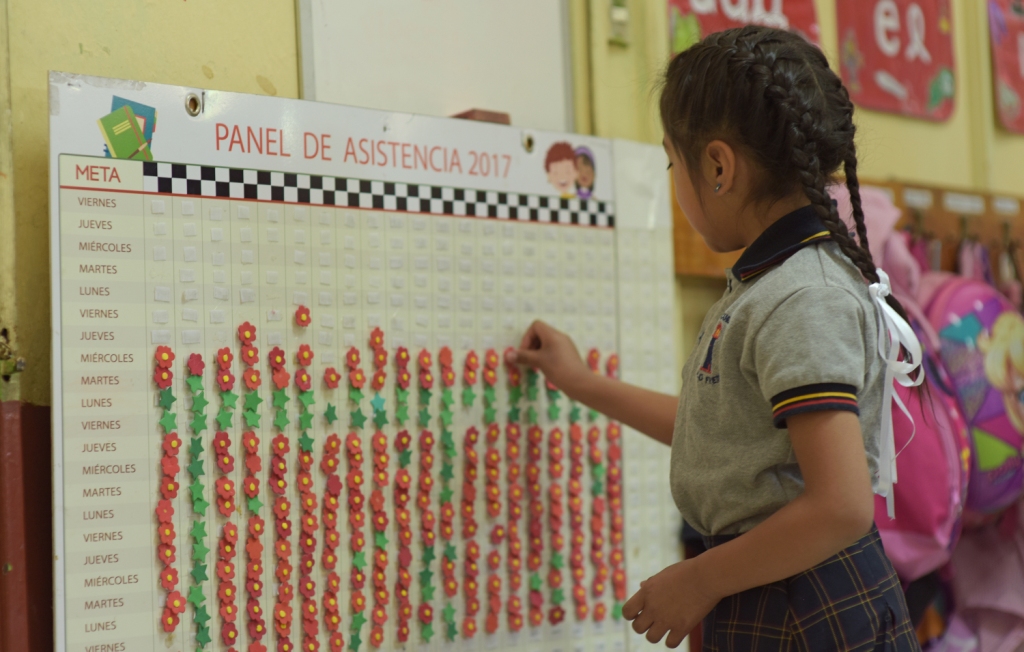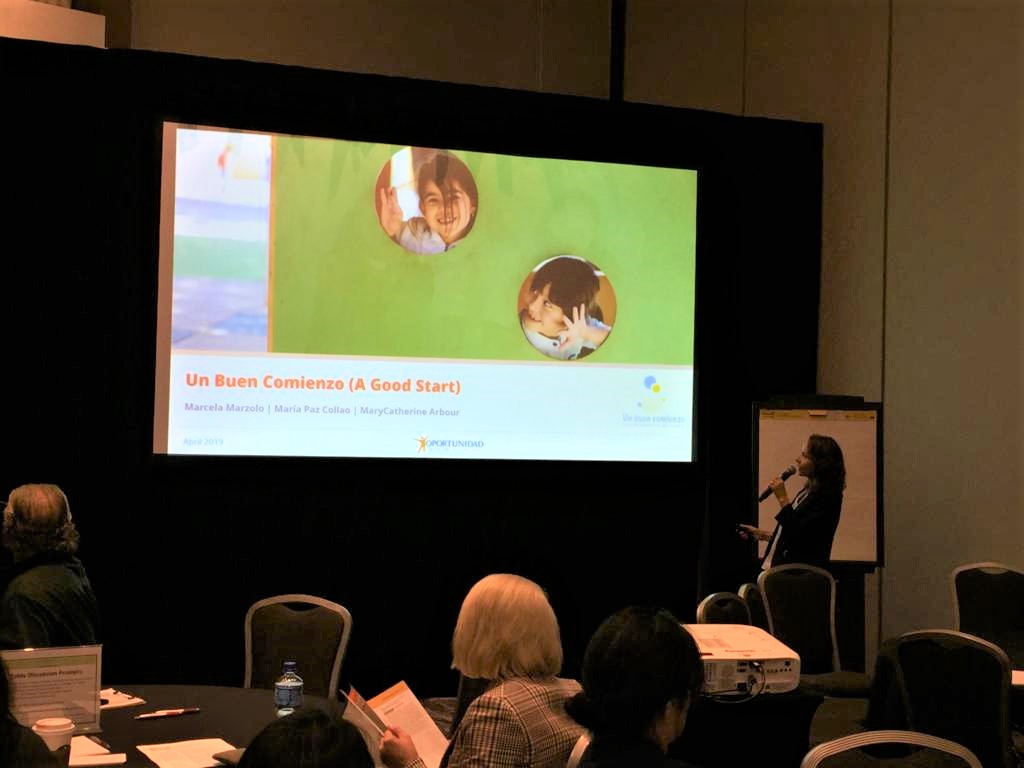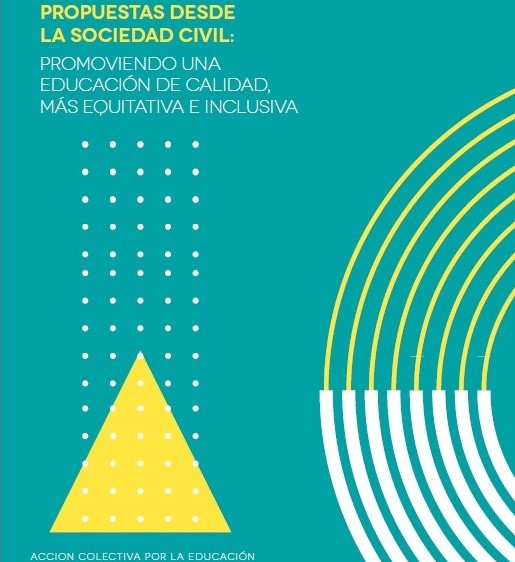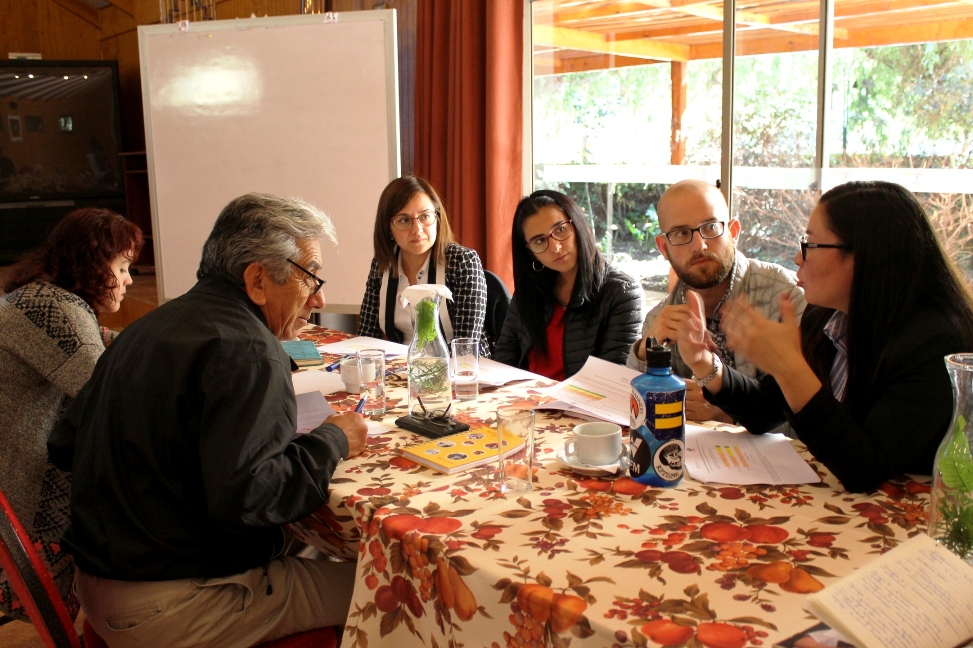
"I feel like this can help me quite a bit in the future to have more opportunities."
Emilio Neculñir, one of the 28 young people from the Elqui Valley who participated in the "English Winter Camp" to continue improving their English skills during the first week of winter vacation, valued positively the initiative of Fundación Educacional Oportunidad, which ended this Friday.

Twenty-eight second and third grade students from the Elqui Valley took three days of their winter vacation to take part in the "English Winter Camp", which sought to promote the practice of English through the interaction of students with English-speaking professionals and English teachers in different situations, always in a playful and creative way.
During the school year, these youngsters from the Edmundo Vidal Cárdenas school in Vicuña and the Liceo Mistraliano in Paihuano are part of the We Learn Access program that Fundación Educacional Oportunidad develops in agreement with the U.S. Embassy in Chile and in alliance with Beyond English to provide them with extra hours of English outside of class hours, which they attend on a voluntary basis.
At the English camp, held during the first week of winter vacation, the 28 young people gathered at the Edmundo Vidal Cárdenas school to continue perfecting their English. "I feel that this can help me a lot in the future to have more opportunities. I have learned a lot in these days by spending so many hours in this camp where you learn a lot of English", said Emilio Neculñir from Liceo Mistraliano at the end of the English Winter Camp held this Friday, July 19, with the presence of the children's families.
Dayanara Ramírez, from the Edmundo Vidal Cárdenas school, also valued the progress they have made: "I feel that we have improved a lot because we understand what the miss speaks to us in English and we also pronounce and write better.
The head of the We Learn program of Fundación Educacional Oportunidad, Paz Collao, explained that "exposure time is key in language learning. These days in which the students have had the opportunity to be exposed to the language throughout the day, communicating with their teachers and with English-speaking professionals, has really mobilized and improved their level of English".
Beyond English's English-speaking professional, Sophia Skaff, said the camp "is a good opportunity for them to practice the language. I feel that the quieter atmosphere of the winter vacations makes them more relaxed to converse in English with us and with each other".


































